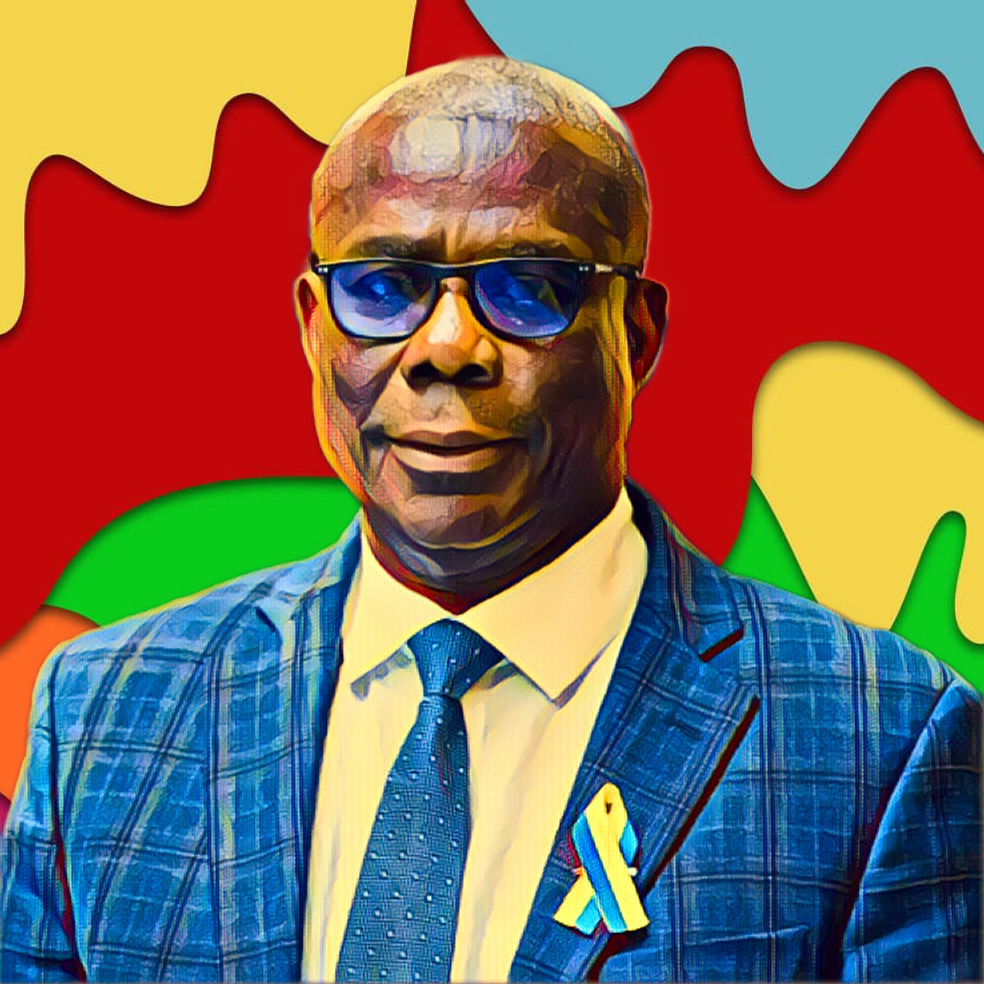Peter Mac Manu, a prominent Ghanaian politician and former National Chairman of the New Patriotic Party (NPP), has sparked a nationwide debate by advocating for time limits on political campaigns. His proposal aims to reduce the financial burden on candidates and promote a more equitable electoral process.
Mac Manu argues that the extended duration of political campaigns in Ghana places an undue financial strain on candidates and their supporters. “We need to introduce a time limit on political campaigns to ensure a level playing field for all candidates,” he said. According to him, shorter campaign periods would reduce the cost of running for office and allow candidates to focus more on policy issues rather than continuous campaigning.
The call for campaign reform has gained traction among various political and civil society groups. Many agree that the current system disproportionately favors candidates with substantial financial resources, making it difficult for less wealthy individuals to compete effectively. This has led to concerns about the influence of money in politics and the potential for corruption.
Mac Manu’s proposal suggests a campaign period of three to four months, which he believes is sufficient time for candidates to present their platforms and engage with voters. He also recommends strict enforcement of campaign finance regulations to prevent excessive spending and ensure transparency.
The debate over campaign duration is not new in Ghana. Over the years, there have been multiple calls for reforms to make the electoral process more inclusive and less financially draining. However, significant changes have yet to be implemented. Mac Manu’s recent comments have reignited the conversation, prompting renewed discussions among political leaders and citizens alike.
The Electoral Commission of Ghana (EC) has welcomed the proposal, stating that it aligns with their ongoing efforts to improve the electoral process. “We are open to discussions on any measures that will enhance the integrity and fairness of our elections,” an EC spokesperson said. The commission has indicated its willingness to collaborate with stakeholders to explore the feasibility of implementing time limits on campaigns.
Political analysts suggest that adopting a fixed campaign period could have multiple benefits. It could reduce the potential for voter fatigue, minimize the disruptive impact of prolonged campaigning on governance, and encourage more substantive policy discussions. “Shorter campaigns could lead to more focused and issue-based elections, which would be beneficial for the democratic process,” said Dr. Emmanuel Gyimah-Boadi, a political science professor at the University of Ghana.
Critics of the proposal argue that a limited campaign period might not allow sufficient time for candidates to reach all voters, particularly in remote or rural areas. They also express concerns that incumbents might have an advantage due to their existing visibility and access to state resources.
Despite these concerns, the idea of campaign time limits has received widespread public support. Many Ghanaians are frustrated with the current state of political campaigning, which they view as overly lengthy and costly. “It’s time for a change. We need a system that works for everyone, not just those with deep pockets,” said Kwame Asare, a small business owner in Accra.
As Ghana approaches its next general election, the debate over campaign duration is likely to intensify. Lawmakers and stakeholders will need to carefully consider the potential benefits and drawbacks of implementing such reforms. The ultimate goal is to create a more equitable and efficient electoral process that enhances democracy and serves the interests of all citizens.
The conversation initiated by Peter Mac Manu reflects a broader desire for electoral reforms in Ghana. While challenges remain, there is hope that constructive dialogue and collaborative efforts will lead to meaningful changes in the political landscape.
Source: ghanaweb.com




